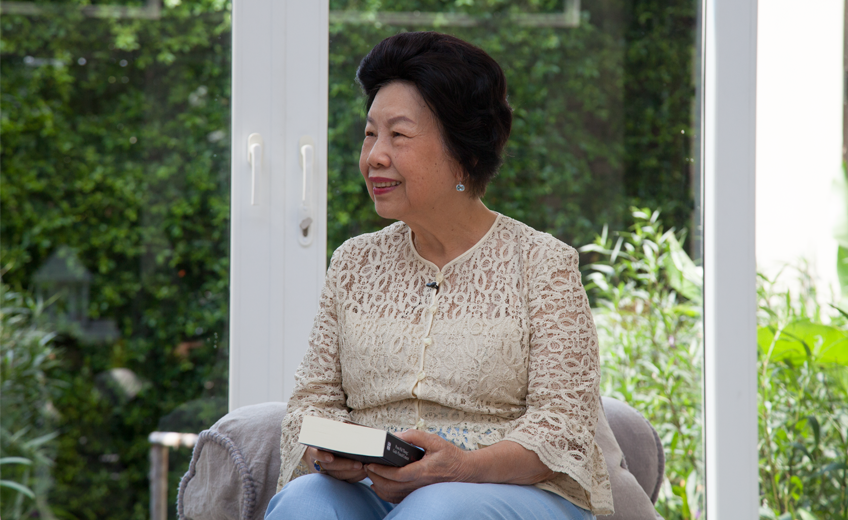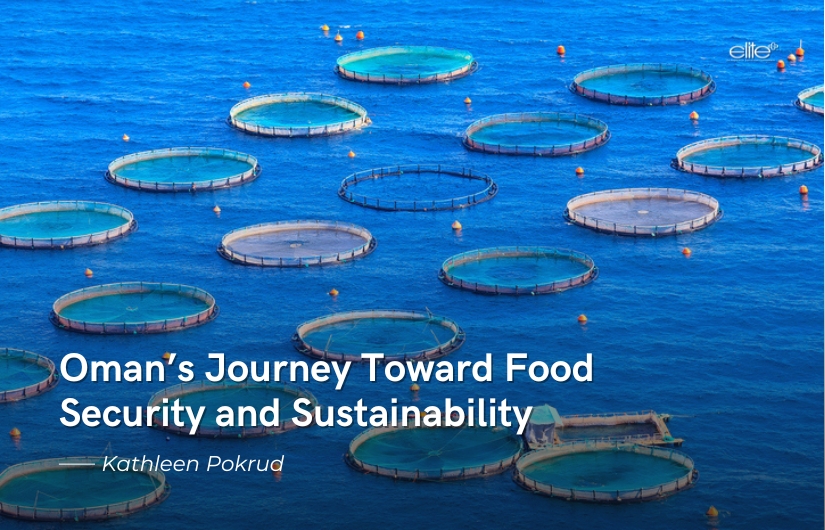In person, Krisna Asoksin could be your average retiree or kindly aunt. She moves briskly and speaks at a measured pace. She likes indulging in the past and insisting that everybody is fed. Now and then she throws out a poetic phrase, something that could have come from one of her novels. This happens when she is less aware of those around her, as when staring out through the glass into her garden, at the butterflies and sparrows that have flown in before the coming storm.
It is easy to embellish a myth around Krisna. Honoured as National Artist in Literature in 1988, the 82-year-old author has published close to 150 novels over a 62-year career. It is a staggering output, conjuring bestsellers out of tales of domestic drama. Over the years, her novels have acquired the status of social artefacts. Adoring fans pore over them, scriptwriters turn them into popular soaps and scholars study their protagonists for insights into the traditional role Thai women play in society. Collectively these paperbacks encapsulate modern Thailand.
Krisna Asoksin is, perhaps unsurprisingly, not her real name, though it is what she is most often called. (It’s actually Sukanya Cholasuek.) It is fitting that Krisna’s life should come to be defined entirely by her writing, as her days were filled with little else. In themselves, the days are rather uneventful. She wakes up at 8am, swings her arms back and forth a hundred times, drinks three glasses of warm water and joins her daughter for a breakfast of sausages, stir-fried vegetables, ripe papayas, yoghurt and coffee. She then reads four newspapers (two for their human interest stories and two for in-depth analyses).
Work begins at 10.30am and is done in a simple room with neat stacks of manuscripts and a view of the garden. An astrology book awaits her perusal when the writing starts running a little dry. Krisna writes all of her work longhand, with a pen or a pencil, on unlined paper. She cannot type. Once, after falling in Japan and breaking her right wrist, Krisna painstakingly typed out one letter at a time, to the dismay of her editor.
After a short lunch, she resumes writing at the same leisurely pace, ending strictly at 5pm. Krisna never touches the television during the day, nor her pen or paper during the night. She now writes for fewer magazines than in the past, when she contributed to up to seven, and dutifully sends in two to three instalments in advance. On an average day, she will fill three or four A4 pages. On a good day, maybe five. On a very good day, she might finish an entire instalment.
“As a young writer, I always worried about my work,” she says. “I’d bring it with me whenever I was out of town and work on it during every bit of free time I had. I did that for half of my life, then realized it didn’t make any sense.”
Things have slowed down since then. Krisna’s life now involves meetings with old friends, Sunday meals with her children and the occasional trip abroad. She prides herself on her excellent health, citing how she once climbed a mountain in Greece. Writing, of course, remains her most rigorous form of exercise. “I’m always exercising my brain.
I’m always thinking,” she says. “When I write, I go into a state of high concentration, which is like a form of meditation.” One of her recent efforts was rendering Buddha’s teachings into more digestible novels.
“I do it out of love,” says Krisna, who enjoys watching her characters come to life. “It’s like getting to know a stranger. He may be a millionaire or a construction worker, but we must extract what makes him who he is, his essence. This infuses the way he talks or lives his life, the way he thinks, his emotions.”
When not writing, Krisna plays matriarch to her empire, a home built in a quiet neighbourhood north of Bangkok. A large dining table made of solid wood greets her visitors. To the side is a warmly lit sitting room with floral upholstery and dark wood accents. Adorning the rooms are Cupid hanging lamps, antique pottery and rare prints of ink sketches depicting bygone days of Siam. It is warm and homely, with old colonial charms, meticulously presented.
Like most prolific authors, Krisna’s love of writing began at an early age, when she started experimenting with adolescent stories. But writing soon evolved into more than a passing hobby. It became a frenzied obsession. “My father worried a lot about me. All I did was write. I would never pick up the broom or go near the kitchen. I just sat there and wrote.”
In 1950s Thailand, his worries were not unfounded. Being published was not something a father could have imagined for his daughter. When a popular magazine accepted her stories, the news came as a surprise. “The whole family was bursting with joy,” she recalls. For three years, her short stories appeared regularly, under the pseudonym Gunchala. Her editor urged her to attempt a novel. Krisna sat down and penned Cheewit Pen Kong Rao (Our Life Is Ours), a retelling of Jane Eyre set in the northern town of Uttaradit. She followed this with Nai Grasae Chol (In the Tide), inspired by her mother’s tragic drowning, and Pratu See Tao (The Grey Door), a lament on the sense of confinement she felt under her father.
But it was not as Gunchala that Krisna would become known and loved. When the author was approached by a different magazine, and unable to write stories for them as Gunchala, she began searching for a new pseudonym. Krisna is a fragrant wood, while Asoksin translates as “a wealth without sorrows”. Krisna says the name came to her as a gift.
It was as Krisna Asoksin that 27-year-old Sukanya would find her identity as a writer. Inspired by a magazine’s ask column, she began Wihok Tee Long Tarng (The Bird that Lost Its Way), establishing a niche as a writer of heavier drama. Life is never short of disappointments, she reasoned, and these provide a wealth of material. With works like Nampueng Kom (Bitter Honey), Mia Luang (The First Wife) and Narm Gularb (Roses’ Thorns), tapping into the embittered and distraught became her forte.
A Krisna Asoksin novel comes with a figurative stamp of warning. Some wary readers shy away, deeming her books heavy and uncomfortable reads that hit a little too close to home. It’s a criticism Krisna has faced before and one on which she is adamant. “Most people like a happy romance,” she says. “But our lives are not like that. There are all these nuances. I’m interested in life’s stains, which are often overlooked.” Published for the first time in English as Gold-Pasted Cement, this new translation of Poon Pid Thong will allow English readers the same privileged peek behind closed doors.
































































































































































































































































































































































































































































































































































































































































































































































































































































































































